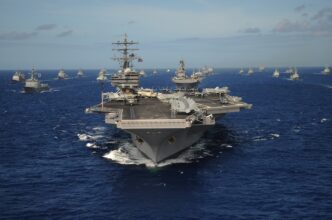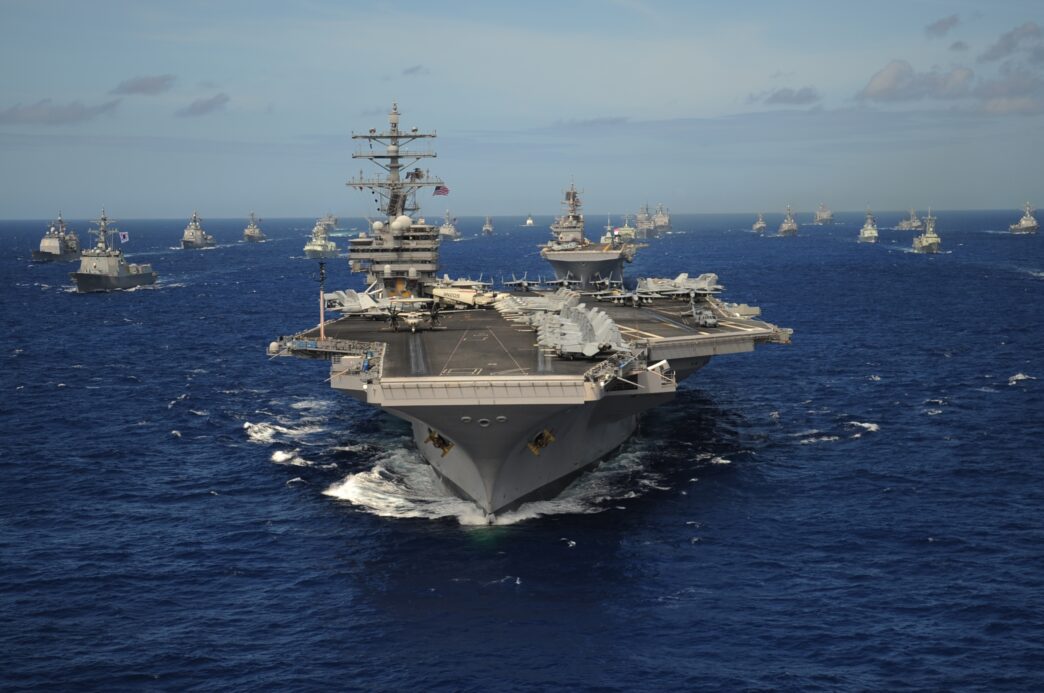Executive Summary
The Story So Far
Why This Matters
Who Thinks What?
Trump administration officials informed Congress on Wednesday that the United States currently lacks the legal justification to conduct military strikes inside Venezuela. The revelation came during a classified briefing where Secretary of State Marco Rubio, Defense Secretary Pete Hegseth, and an official from the White House’s Office of Legal Counsel clarified the scope of existing legal opinions regarding military action.
Legal Justification and Limitations
Lawmakers were told that a Justice Department Office of Legal Counsel (OLC) opinion, which previously justified strikes against suspected drug boats, does not extend to land targets within Venezuela or other territories. The “execute order” that initiated the US military campaign against drug boats in September also does not permit targeting land-based objectives.
The current OLC opinion, reportedly listing 24 cartels and criminal organizations in Latin America as authorized targets, focuses exclusively on maritime operations. Despite this limitation, the Trump administration is actively seeking a separate legal opinion from the Justice Department to justify strikes against land targets without requiring congressional authorization for military force. Officials emphasized that no decision has yet been made to proceed with such attacks.
Military Buildup and Congressional Scrutiny
The briefing addressed the significant US military buildup in the Caribbean, which includes the USS Gravely and the forthcoming Ford Carrier Strike Group. Administration officials stated these assets are deployed solely to support counternarcotic operations and intelligence gathering, not for immediate strikes inside Venezuela.
The administration has previously asserted that the US military can conduct lethal strikes on alleged drug traffickers without congressional approval, arguing it is not bound by decades-old war powers legislation. Since September, the US military has carried out 16 known strikes against boats in the Caribbean and eastern Pacific, resulting in at least 67 fatalities.
During congressional briefings, officials have acknowledged that the individual identities of all persons on board targeted vessels are not always known before an attack. Strikes are based on intelligence linking vessels to specific cartels or criminal organizations, with officials detailing the rigorous targeting process and intelligence gathering methods.
Lawmaker Reactions
Democratic Sen. Mark Warner, ranking member of the Senate Intelligence Committee, commented on the quality of US intelligence assets, stating he believes the administration possesses “visibility” into illegal drug transport. However, he questioned the necessity of lethal force over traditional interdiction methods, which could yield valuable evidence.
Conversely, House Foreign Affairs Committee ranking member Rep. Gregory Meeks expressed skepticism following the briefing, stating he heard “nothing” to convince him of the legality of the strikes. Meeks also indicated that briefers did not share specific evidence linking the targeted vessels or their occupants to the drug trade.
Secretary of State Marco Rubio defended the administration’s actions in late October, assuring that every strike targets boats and shipments meticulously tracked from their inception. He stated that the administration knows their destinations and involved organizations, emphasizing a “very rigorous process” that leads to many potential strikes being foregone if they do not meet strict criteria.
Ongoing Policy Deliberation
While the administration currently lacks a legal basis for land strikes in Venezuela, the pursuit of a new legal opinion signals potential shifts in policy. The situation remains fluid, with one US official noting, “What is true one day may very well not be the next,” underscoring that President Trump has not finalized his approach to Venezuela.








